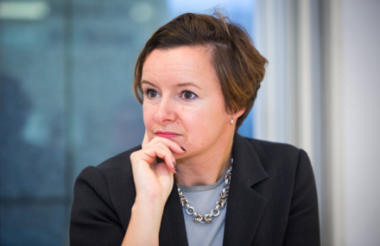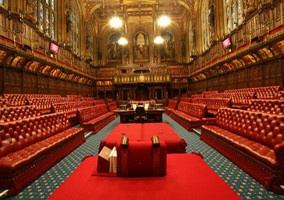The Charity Commission will meet with charities shortly to set out its view of the rules on campaigning and lobbying in the post-referendum environment, the chief executive of the regulator said yesterday.
Paula Sussex, chief executive of the Charity Commission, was giving evidence to the House of Lords Select Committee on Charities – a committee established to report on issues relating to the reputation of the charity sector.
“We’re very well aware that the most recent referendum continues to present quite important questions for charities,” she said. “To the point of how charities can make their point and be part of the discussion over the next one or two or five years.
“So we’re in relatively short order going to meet with a small number of some quite high-profile and active charities to set out what we think the law and our guidance will be around that.
“We will do that not as a formal consultation but nonetheless we’ve written out to invite these charities in the next couple of weeks to have that discussion with us.”
She also said the number of organisations applying to register with the Charity Commission has risen by 38 per cent in two years, but the time taken to register has dropped to as little as five days.
Sussex told the committee that there has been a 10 per cent rise in applications this year, following a 25 per cent rise the previous year, and that much of the increase was driven by the popularity of the new charity incorporated organisation legal form.
But she said a new registration portal had allowed the Commission to dramatically reduce the amount of time it took to register, to as low as five to ten days for low risk cases.
Sussex was giving evidence alongside Sarah Atkinson, the Commission’s director of policy and communications.
Atkinson said that if the committee was to make recommendations on changes in the sector, she would like it to focus on the skills of trustees, the quality of governance, and the level of charities’ financial reporting.
Related articles











